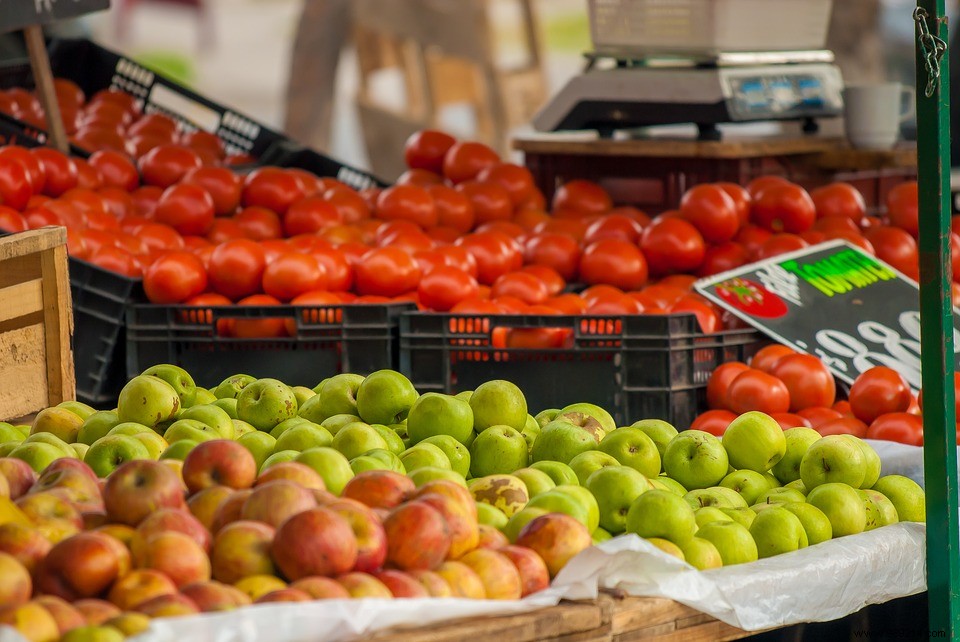The UFC-Que Choisir association recently published a rather disturbing report. According to the document, more than half of fruits and vegetables from intensive agriculture are contaminated with substances of concern. The organic alternative is much less affected, but access to it involves a larger budget.
In 2017, we presented a complete infographic allowing us to draw up an unequivocal conclusion about the presence of pesticides in our fruits and vegetables. The figures are regularly updated, as shown by a survey by the consumer defense association UFC-Que Choisir published on March 24, 2022. The document underlines that out of 14,000 health checks official products, more than half of fruits and vegetables from intensive agriculture are contaminated with risky pesticides.
Specifically, 51% of fruits and vegetables contain traces of a hazardous pesticide and 30% traces of at least two hazardous pesticides. Take the example of grapefruit, 27.4% of which contain traces of pyriproxyfen. This substance is one of the endocrine disruptors believed to have caused brain malformations in Brazil.
In addition, the foods most at risk are apples, of which more than 80% of the samples contain substances worrying, in particular fludioxonil, a fungicide also suspected of being an endocrine disruptor, in 48% of cases. We should also mention the cherries contaminated up to 92%, in particular by phosmet, an insecticide which would have negative effects on reproduction , in 47% of cases.

The UFC-Que Choisir report therefore advises avoiding this type of product. The association points out that organic food is much less contaminated with substances in question. This is notably the result of the ban on synthetic pesticides for their cultivation. Thus, only one in ten organic products contains traces of pesticides, i.e. six times less than the equivalents from intensive agriculture. In addition, the few contaminated organic products generally have a lower content of undesirable substance .
The association also indicates that the organic alternative is a good thing, but that the higher price of these products is inadmissible. Indeed, the presence of substances of concern in a large number of fruits and vegetables is the result of laxity in the legislation. So it's not the consumer's fault. For this reason, the UFC-Que Choisir calls for a strengthening of the regulatory framework in France, but also in Europe, particularly with regard to product authorization procedures for growing fruit and vegetables.